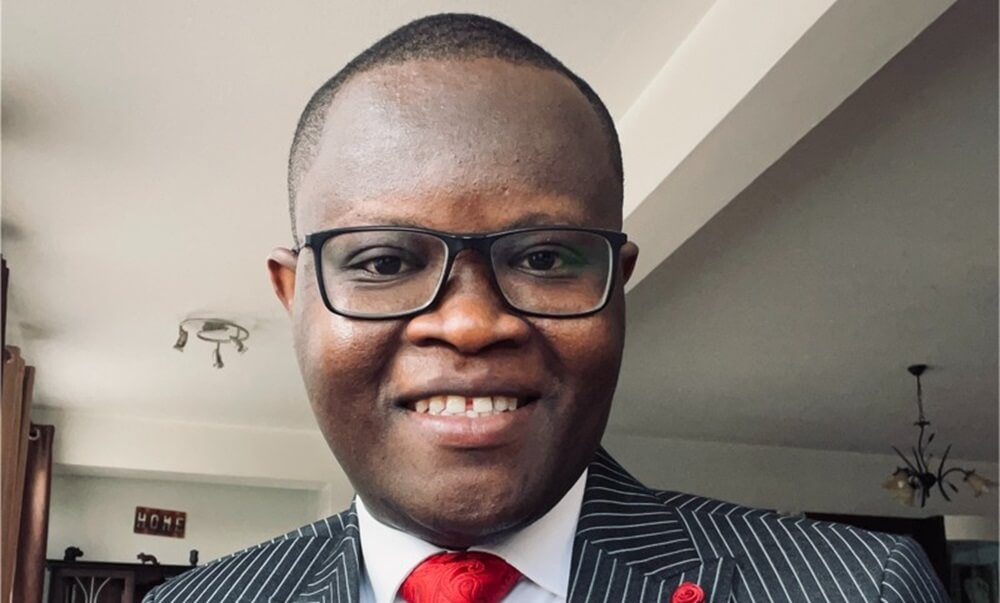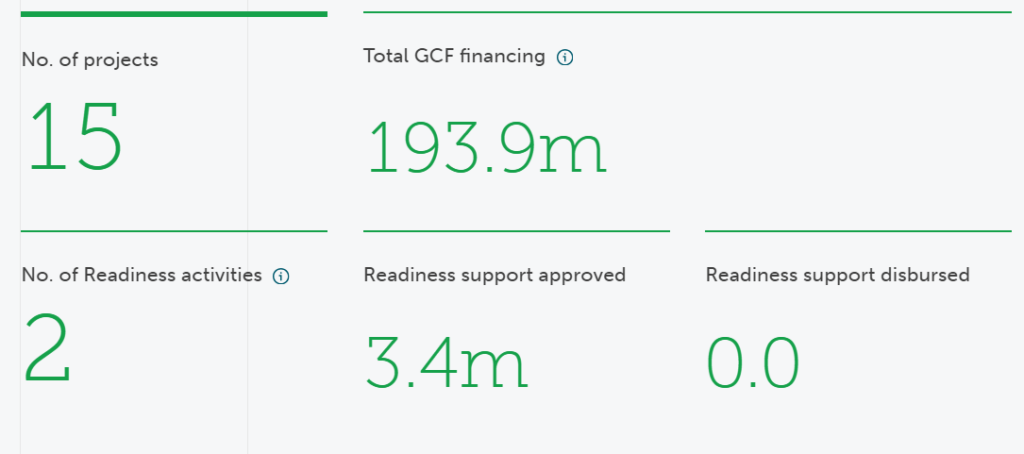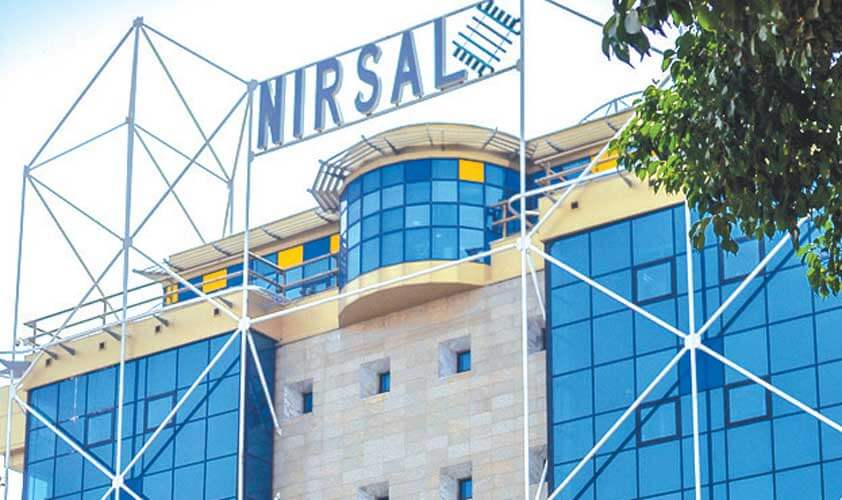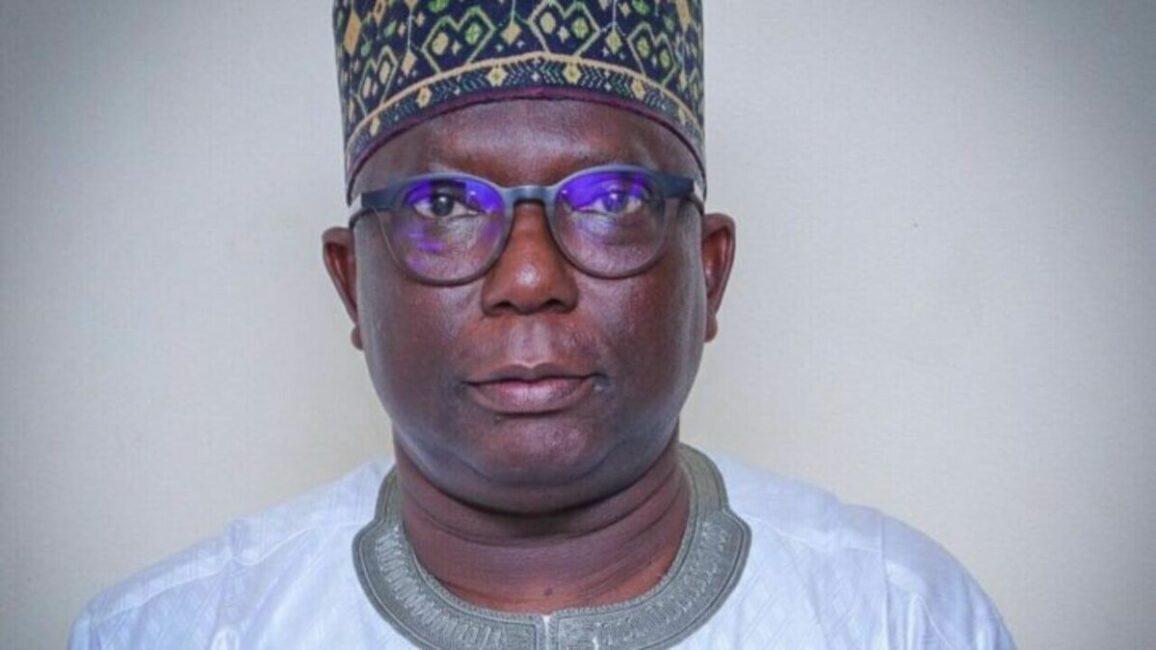Unclaimed Cash: Nigeria Loses $1m Climate Grant Yearly
Nigeria is failing to tap into millions of dollars in climate action funding due to challenges in developing robust proposals and a lack of accredited entities to channel the funds, THE WHISTLER has gathered.
The revelation came from Dr Samuel Partey, a Climate Impact Specialist at the Green Climate Fund (GCF), who disclosed during a webinar monitored by THE WHISTLER that several countries, including Nigeria, are missing out on up to $1m annually in readiness funds offered by the GCF.
Advertisement
“There are several countries that are not even applying for funds. For the readiness funds, for instance, it is like $1 million that goes to each country every year and if the country doesn’t submit any proposal, it loses this money that is for them,” stated Partey.
He gave Nigeria as an example, saying “Even Nigeria is not taking their money. I come from Ghana and since 2021, they’ve not submitted anything. They’ve already lost $3 million.”

The Green Climate Fund (GCF) is the world’s largest dedicated fund helping developing countries respond to climate change. Under its ‘Readiness Programme,’ developing countries like Nigeria can access a one-time grant of up to US$3m to support country-driven adaptation activities and $1m annually to strengthen their abilities to tackle climate change.
Advertisement
However, Nigeria is faltering in taking advantage of the opportunity, said Partey who noted that accessing the funds requires submitting proposals through its National Designated Authority (NDA), which in Nigeria’s case is the National Council on Climate Change (NCCC).
Findings by THE WHISTLER revealed that Nigeria has not accessed any readiness funds, leaving an estimated $3.4 million on the table.

A senior official from the Ministry of Environment who spoke to THE WHISTLER on the condition of anonymity on Thursday acknowledged the missed opportunities and explained the hurdles preventing the country from accessing the funds.
The official identified weak project proposals and a lack of accredited entities as the two major hindrances to Nigeria’s access to the funds.
Advertisement
The official said the first challenge lies in developing “bankable projects” which requires cross-organizational collaboration and input from various experts. According to him, previous projects have been deemed “poorly packaged” because they often lacked merit and failed to meet GCF standards.
For accredited entities, they are organisations specifically approved by the GCF to channel approved funds.
“One thing you see in Nigeria is that somebody in an MDA (Ministries, Departments and Agencies) will just sit down and write a proposal, whereas you require expertise. For instance, if your project is Agric-based, you could require people from the National Space Research and Development Agency (NASRDA) to provide you with facts and data. You could also require somebody from the Ministry of Water Resources to tell you about the water content and such details.
“So, ideally, a bankable project is not written by one person. But I don’t know whether to call it the Nigerian or African nature, where one organisation wants all the money
“The projects that come are lacking merit. We don’t package our projects well and at times the bankability is very poor, so that’s one of the main problems.,” said the official.
The official told THE WHISTLER that while Nigeria currently lacks its own accredited entities, international organisations like the African Development Bank (AfDB) are accredited and can be used by organisations in the country that can design acceptable projects.
Advertisement
“There are entities that are accredited by the GCF through which you can access funds and Nigeria presently does not have its own accredited entities, although we have submitted some organisations’ names for accreditation. So, without an accredited entity, you cannot access GCF funds.
“Because GCF cannot come and supervise every project that they fund, they have organisations that they work with. In fact, we have some organisations affiliated with Nigeria that are accredited. The African Development Bank (AfDB), the Africa Finance Corporation (AFC), and all those UN organisations are accredited.
“But what happens is that when people come and they don’t have an accredited entity and we send them to these organisations, they come back saying those organisations say the projects do not match with their profiles (mandate) or something.
“But as I said, the Development Bank of Nigeria (DBN) and Nigeria Incentive-Based Risk Sharing System for Agricultural Lending (NIRSAL) are currently being (accredited). There are other organisations but these have crossed halfway,” he said.
The official recalled that the situation had forced some applicants to approach the AfDB and UN agencies, but the proposals were deemed incompatible with the mandates of such entities.
The official, however, said with the progress being made by the Development Bank of Nigeria (DBN) and Nigeria Incentive-Based Risk Sharing System for Agricultural Lending (NIRSAL), Nigeria may soon be able to access the funds.

“We hope that before the end of June, DBN’s accreditation should be out so that way when people have projects, they can channel them through DBN.”
Among the progress made are approvals of Nigeria’s National Adaptation Plan and Technology Needs Assessments by the GCF, said the official.
He stressed that collaboration across ministries and agencies and potentially with support from consultants, can help speed up project proposal processes.
“Some of the countries that have accessed the funds got foreign consultants to write it for them,” he said, noting however that such consultants “don’t come cheap”.
He added, “But besides readiness funds, we have some multi-country projects involving the GCF that Nigeria has benefited from but concerning readiness, we have the National Adaptation Plan and the Technology Needs Assessments that have been approved and are ongoing.
“If the issues earlier mentioned can be corrected, we will have more projects being approved.
“We really need to come up with a pipeline of bankable projects because the GCF is the largest global fund and it’s not like you have to do one and wait for that one to be completed. With the GCF, you can channel as many projects as possible but where are the projects? There are other issues but these are the two major problems we have.”
THE WHISTLER’s checks on the GCF website showed that Nigeria has benefitted from GCF-funded projects worth about $193.9m.
The official stressed that maximizing the GCF’s resources requires strengthening proposal development that meets the Fund’s standards and expanding the country’s accredited entities to unlock potential millions of dollars in funding to tackle climate change.



